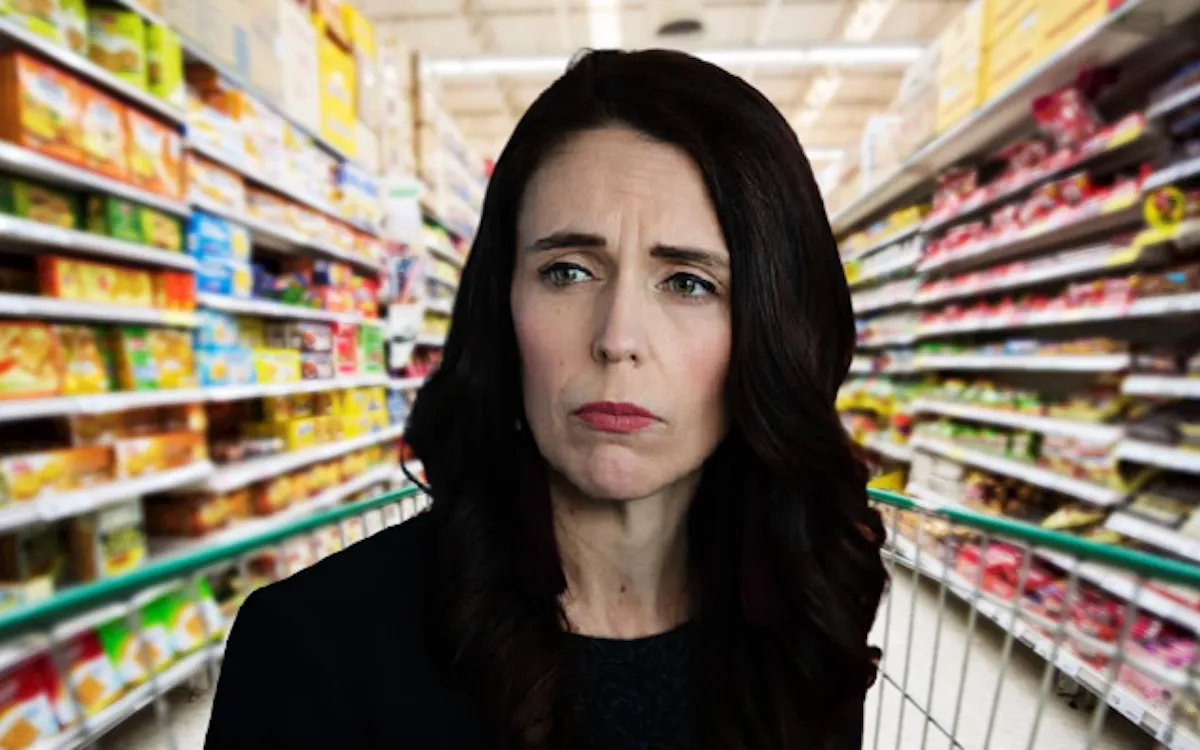Table of Contents
Food prices were 7.6 per cent higher in March 2022 compared with March 2021, Stats NZ said yesterday.
This was the largest increase since the year ended July 2011 when prices increased 7.9 per cent, partly influenced by a GST increase from 12.5% to 15% in October 2010.
Food price increases were widespread in the year ended March 2022 with increases in all categories that we measure:
- grocery food prices increased 6.7 per cent
- fruit and vegetable prices increased 18 per cent
- restaurant meals and ready-to-eat food prices increased 5.1 per cent
- meat, poultry, and fish prices increased 8.7 per cent
- non-alcoholic beverage prices increased 2.7 per cent.
“Average prices for vegetables like tomatoes, broccoli, iceberg lettuce, and cabbage were notably higher than they were in March 2020 and 2021,” consumer prices manager Katrina Dewbery said.
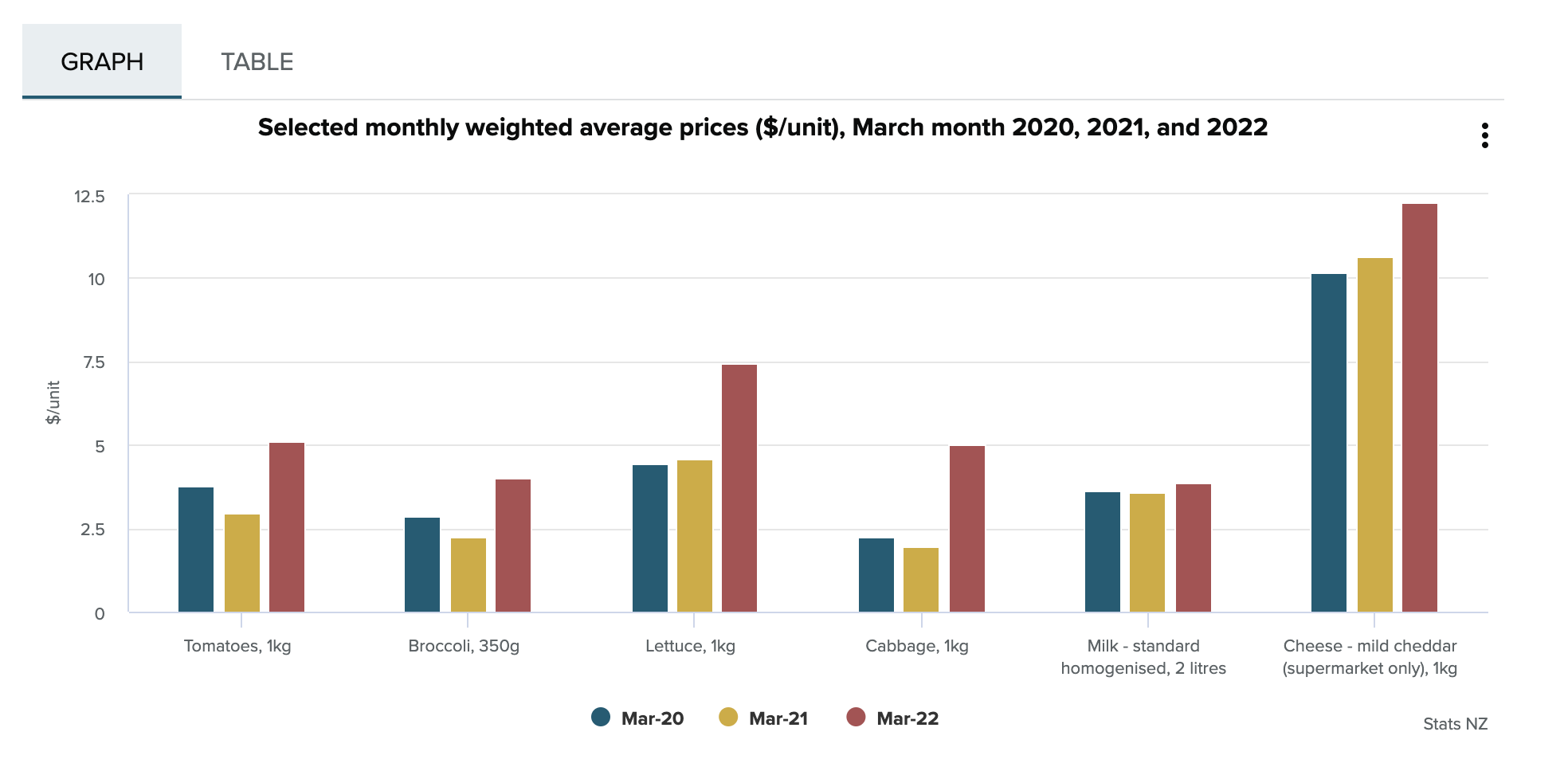
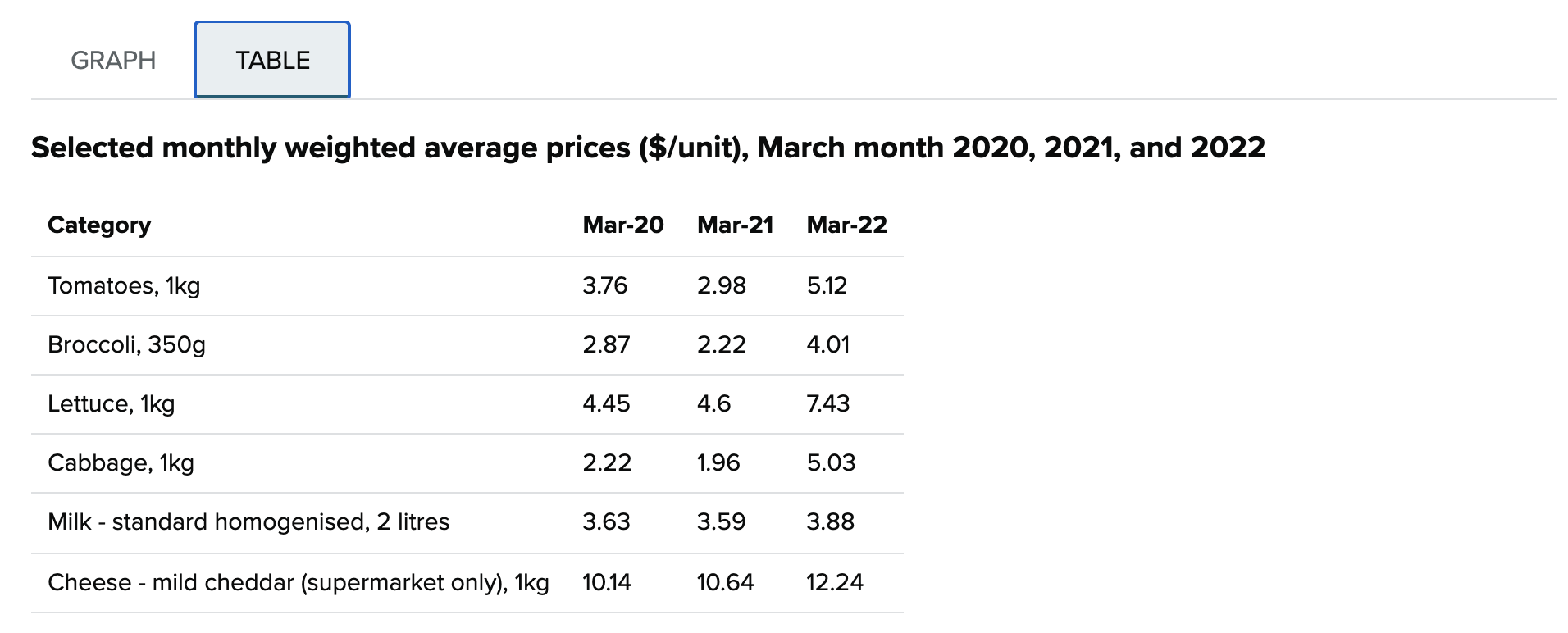
“There were also higher prices for dairy products like two-litre bottles of standard milk and one-kilo blocks of mild cheese.”
These increases were partly offset by decreasing prices for avocados, boxed chocolates, and bacon.
Grocery food leads monthly food price rise
Monthly food prices rose 0.7 percent in March 2022 compared with February 2022.
After removing regular seasonal impacts, food prices rose 0.4 percent. This means that the price increase in the unadjusted series was greater than the expected seasonal increase from February to March.
“Grocery food prices were the main contributor to the rise in March, up 0.9 percent,” Mrs Dewbery said.
“This was mainly influenced by higher prices for yoghurt, canned spaghetti, chilled meat pies, and tomato sauce.”
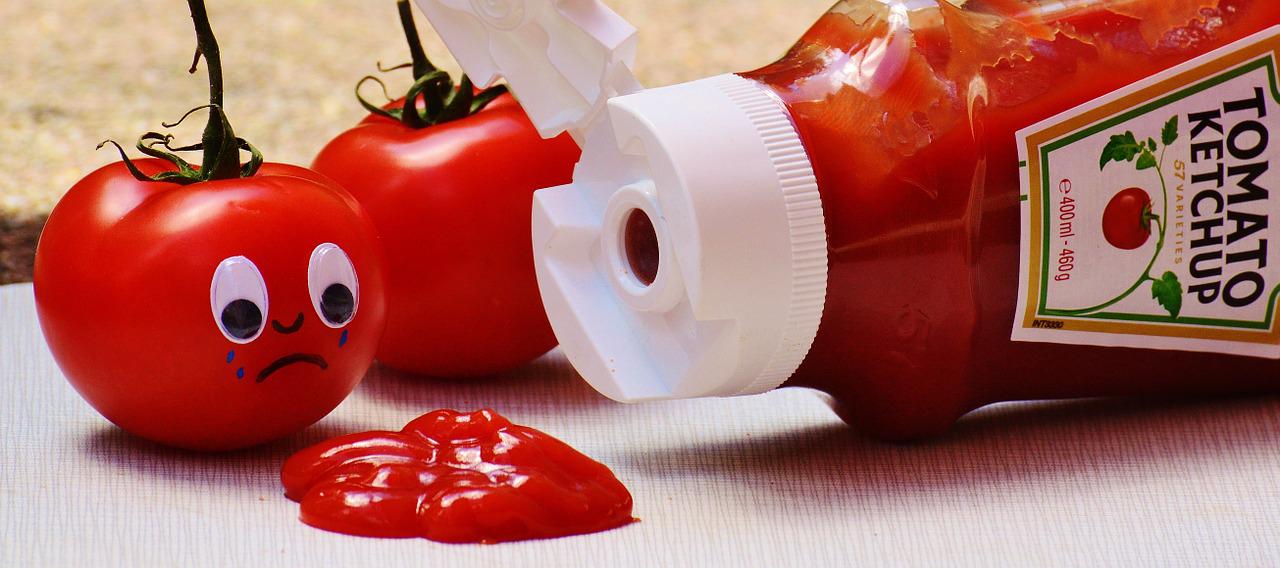
Photo by Alexas_Fotos. The BFD.
Fruit and vegetable prices rose 1.2 per cent in March 2022 compared with February 2022, influenced by higher prices for cabbage, tomatoes, strawberries, and kumara.
“The average price of cabbage increased 28 per cent in March, from $3.92 to $5.03 per kilogram,” Mrs Dewbery said.
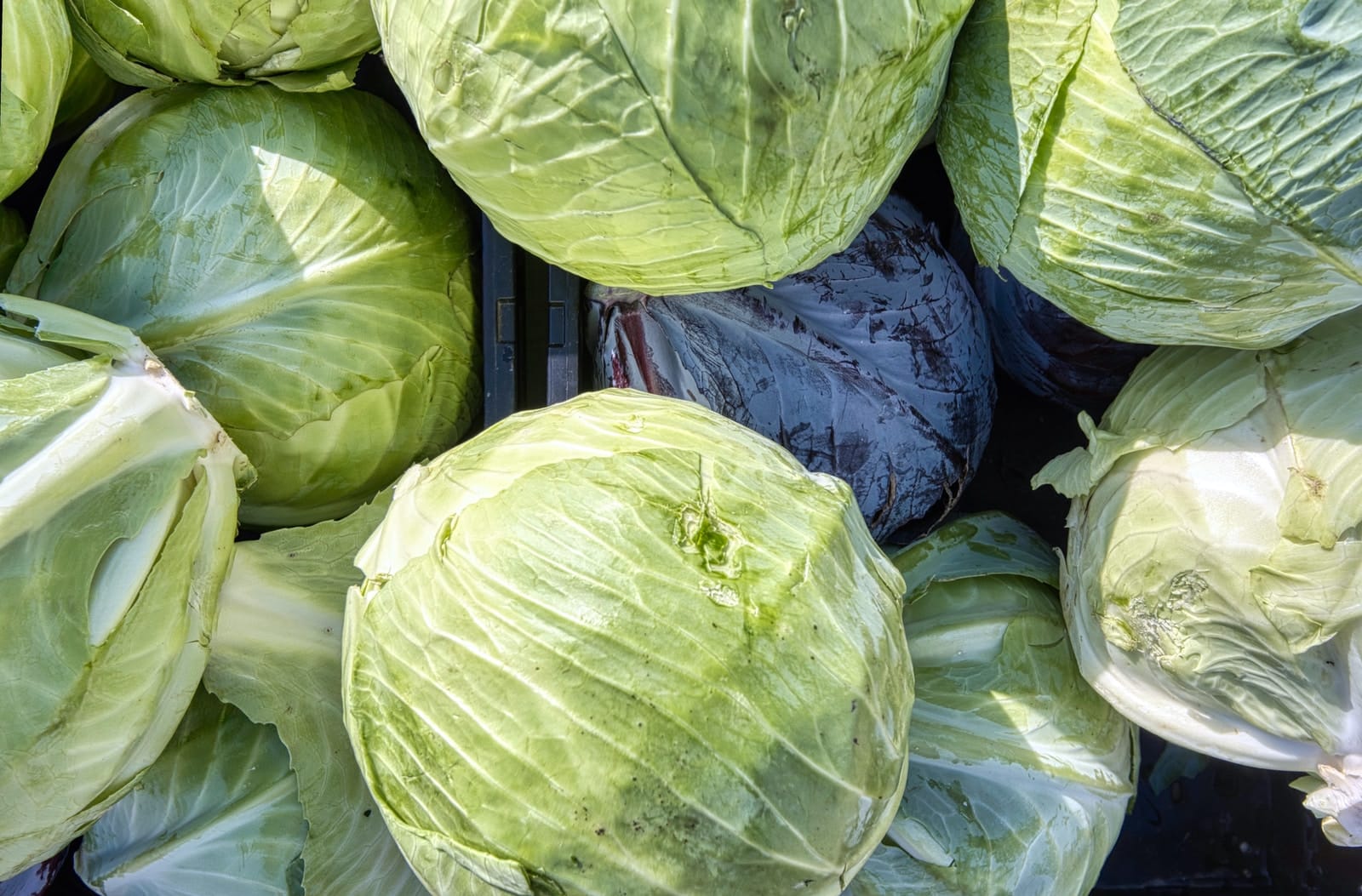
Meat, poultry, and fish (up 0.9 per cent), non-alcoholic beverages (up 0.9 per cent), and restaurant meals and ready-to-eat food (up 0.3 per cent) also contributed to the rise in March.

